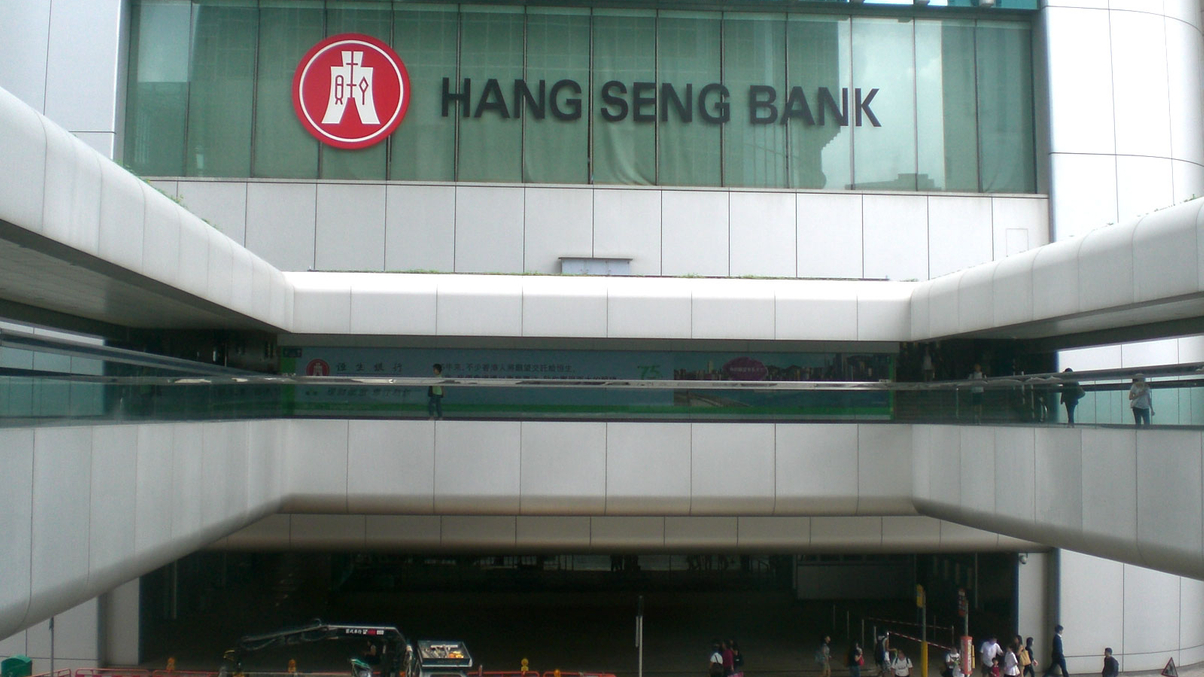Are A-shares dragging down Hong Kong stocks?
Fund managers debate concerns that Hong Kong’s stock market is beholden to the immaturities of trading in mainland China.

Fears that Hong Kong’s stock market is reacting more to Beijing’s policies rather than to company fundamentals may lose their bite in the wake of the mainland’s stock-market rescue.
Sign in to read on!
Registered users get 2 free articles in 30 days.
Subscribers have full unlimited access to AsianInvestor
Not signed up? New users get 2 free articles per month, plus a 7-day unlimited free trial.
¬ Haymarket Media Limited. All rights reserved.


